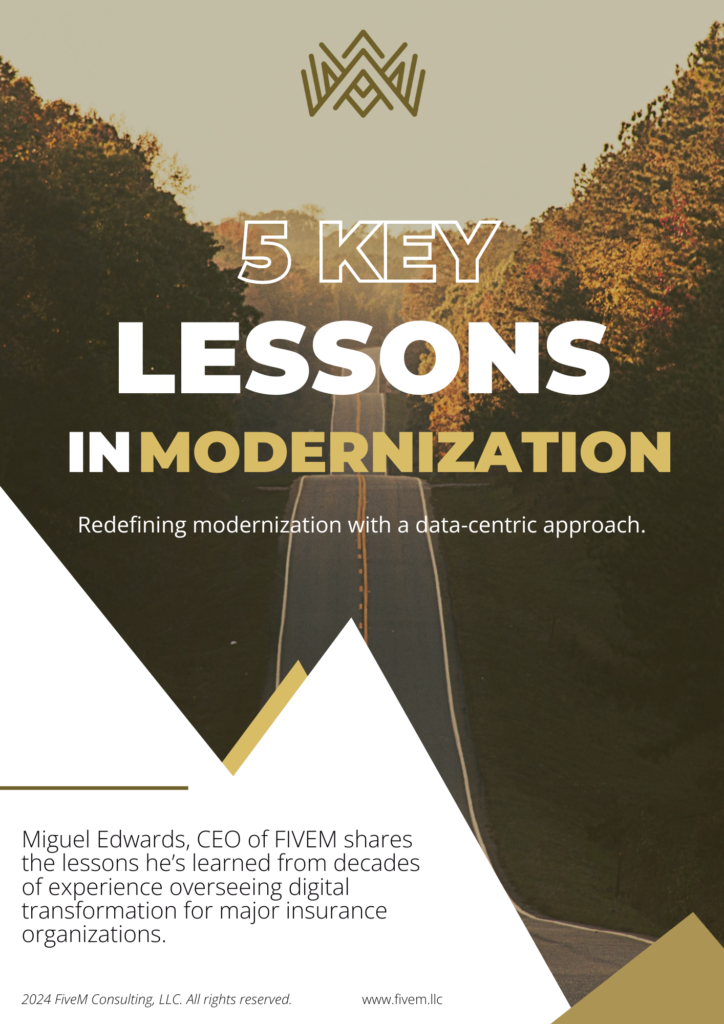In the ever-evolving landscape of the workforce, each generation brings its unique set of strengths, challenges, and leadership styles. Among these, Generation X (born approximately between 1965 and 1980) stands out as arguably the most experienced and adaptable leaders of our time. This claim is not just a nostalgic nod to the past but is backed by compelling evidence and the unique position that Gen Xers hold in today’s workforce.
Bridging the Gap Between Boomers and Millennials
One of the most significant achievements of Gen X leaders is their ability to bridge the generational gap between Baby Boomers and Millennials. As the workforce has become more diverse in age, Gen Xers have found themselves in the middle, managing both the expectations and working styles of their older and younger counterparts. This has required a high degree of flexibility, empathy, and understanding.
Statistics show that as of 2021, Baby Boomers and older generations make up about 25% of the workforce, while Millennials and younger generations account for approximately 50% (Pew Research Center). Gen Xers, though smaller in numbers, hold a critical position as they make up the remaining 25%, often serving as the glue that holds these disparate groups together.
The Unprecedented Challenge of Leading Across Generations
The challenge of leading across such diverse generations is unprecedented. Gen X leaders have had to navigate the traditional, hierarchical approach favored by Boomers and the collaborative, tech-savvy approach of Millennials. This has required a unique blend of leadership skills, including adaptability, communication, and the ability to balance different working styles.
Furthermore, Gen X leaders have had to deal with the rapid pace of technological change, ensuring that their teams remain competitive and innovative. They’ve had to learn and integrate new technologies while also managing the expectations of Millennials who are digital natives and Boomers who may be less comfortable with tech-driven changes.
The Impact of Demographic Shifts on Future Leadership
Looking ahead, the demographic shifts in the workforce suggest that Millennials and Gen Z will dominate in numbers. However, Millennials’ lower birth rates compared to previous generations could lead to a disconnect with the emerging Gen Z and post-Gen Z workforce. Without the personal experience of raising their own children to draw from, Millennial leaders might find it challenging to understand and lead the younger generations effectively.
In contrast, many Gen Xers have raised Gen Z children, giving them firsthand insights into the values, motivations, and communication styles of the upcoming workforce. This experience, combined with their track record of leading across diverse generations, positions Gen X as exceptionally equipped to continue leading in an increasingly complex and fast-paced work environment.
In light of these considerations, it is clear that Millennial leaders have much to gain from seeking mentorship and guidance from their Gen X counterparts. As they navigate the complexities of leading a diverse and evolving workforce, the insights and experiences of Gen X leaders can provide invaluable lessons in adaptability, communication, and cross-generational understanding. By fostering a collaborative relationship with Gen X mentors, Millennial leaders can better prepare themselves to lead effectively in an ever-changing world, ensuring a seamless transition of leadership and continued success across generations.





